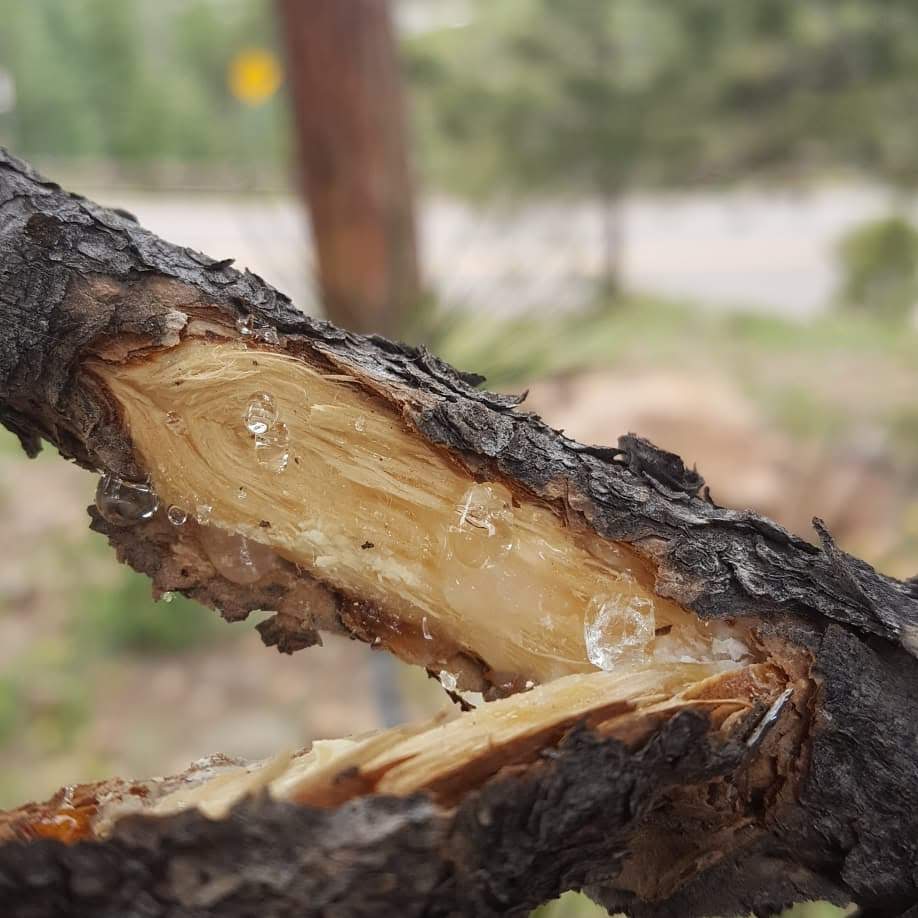Perfectly Imperfect
- Tania Y M

- Aug 4, 2025
- 3 min read
Last month, I had a difficult conversation with a friend I have known for almost 30 years now. We disagreed in a way that we had never disagreed before. We both experiencing a side of the other we had not seen before. We shared our perspectives, we clarified our thoughts, we asked for forgiveness. It was a tense and messy conversation at times, but one filled with grace, too.
I feared disagreement for a long time. I was afraid of conflict and unconsciously equated conflict with loss of relationship. If people were to see me mad, they would be disappointed and stop loving me. It took me a very long time to understand that not sharing that part of myself did not allow others to love me fully. They could only love what they could see and perceive and would never love the messy human being I am.

I’m not alone on this journey. Allowing others to see us exactly as we are feels vulnerable and a sight we only reserve to those who we feel very close to. It is vulnerable because a younger version of ourselves felt rejected for being exactly who they were and learned, at that young and tender age, that we needed to show up only in specific ways; whatever we understood to be likable or digestable for others, but, very likely, not our wild and untamed selves.
We unconsciously convinced ourselves that there is a more perfect version of who we are that is easier to love, that is more spiritual, that is kinder, or whatever ideal we have for ourselves. What we fail to understand is that who we are, as we are, is already lovable. The perfect version we attempt to create is a fragmented version of ourselves because it attempts to exile or deny parts of ourselves.
The antidote of perfectionism is wholeness. As Parker Palmer notes “Wholeness does not mean perfection; it means embracing brokenness as an integral part of life” For some of us, it takes a long time and a lot of effort to learn to embrace the fullness of who we are.
Stories of success can be very inspiring, but the stories of people sharing their vulnerabilities with us help us connect deeper with them. There’s something about our shared humanity that becomes visible in our shortcomings, in our growing edges. Many of us, adults, don’t share with our young stories of our struggles, instead, we only share with them the wisdom gained, the lessons learned, giving the impression that we have the answers needed. It is important to share how we got to the answers so that our kids won’t grow up believing that when things get difficult they should already know what to do or how to respond, so that they can gain the skills to reach out and ask for help instead of trying to figure it out all on their own.
Maybe you are in a stage of your life where you are not fighting this fight anymore and understand how complex our human nature is, how it cannot be contained in singular words and singular experiences. Maybe you are still trying to figure out the parts of your or your life that seem to have taken a wrong turn, leading you into a present so different from yesterday’s imagined future.
Wholeness asks for a whole lot of self-compassion and for openness to let others show us the face of grace, like staying in a difficult conversation so that we can understand each other.
Beloved, I am sending this blessing to you. Image my hand on your forehead and receive this words from my heart:
“I see you. I bless all of who you are.”
May you hold in your heart this blessing and the words of Salvador Dalí who said “Don’t worry about perfection, you’ll never reach it,” and may you embrace, tenderly, all of who you are, your soft spots as well as your sharp edges. And may others grant you the grace of letting you see the beauty their eyes see when they look at you.

.png)



Comments